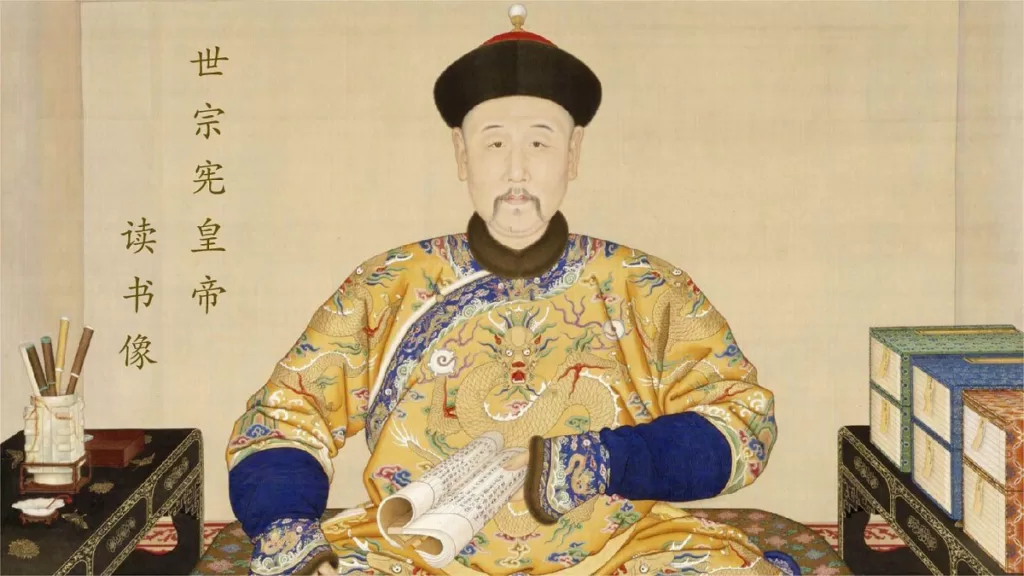Yongzheng (雍正) was the third emperor of the Qing dynasty, which ruled China from 1644 to 1912. He was born in 1678 in the Aisin Gioro clan, the ruling family of the Manchu-led Qing dynasty. His given name was Yinzhen, and he was the fourth son of the Kangxi Emperor, who ruled China from 1661 to 1722. Yongzheng was known for his intelligence, diligence, and administrative skills, and his reign was marked by reforms and consolidation of power.
Yongzheng was not initially favored by his father, the Kangxi Emperor, and was sent away from the imperial court to govern remote provinces. However, Yongzheng proved to be a capable and effective administrator, and he was eventually recalled to the capital to assist his father in governing the empire. After the Kangxi Emperor’s death in 1722, Yongzheng succeeded him as emperor.
One of Yongzheng’s first acts as emperor was to consolidate his power and eliminate potential rivals. He purged the imperial court of corrupt officials and dismissed his brothers from positions of power. Yongzheng also strengthened the central government’s control over the provinces, reorganized the administration, and established a system of accountability for officials.
Another important reform that Yongzheng implemented was the standardization of weights and measures, which facilitated commerce and trade throughout the empire. He also introduced the concept of a national budget and implemented a tax system that was more equitable and efficient than previous systems.
Yongzheng was also known for his patronage of the arts, particularly literature and painting. He was a poet himself and sponsored many poets and artists at his court. He also commissioned the creation of the famous “Yongzheng Encyclopedia,” a comprehensive work that compiled the knowledge of the empire.
Despite his many accomplishments, Yongzheng’s reign was not without its challenges. He had to deal with rebellions in the southwestern provinces and border skirmishes with neighboring powers such as Russia and Burma. Yongzheng also faced a crisis of succession, as his sons vied for the throne after his death.
Yongzheng died in 1735 at the age of 56, and he was succeeded by his fourth son, who became the Qianlong Emperor. Yongzheng’s legacy as a capable and effective emperor who implemented important reforms and consolidated power continues to be celebrated in China today.


